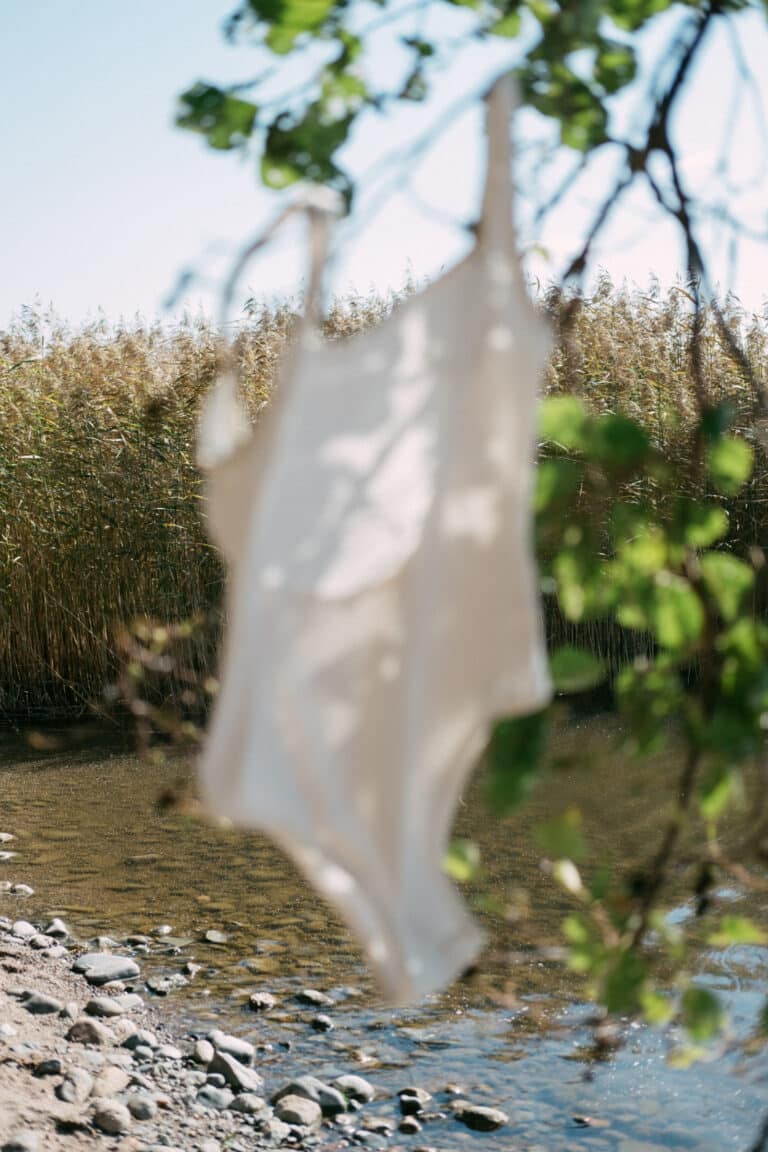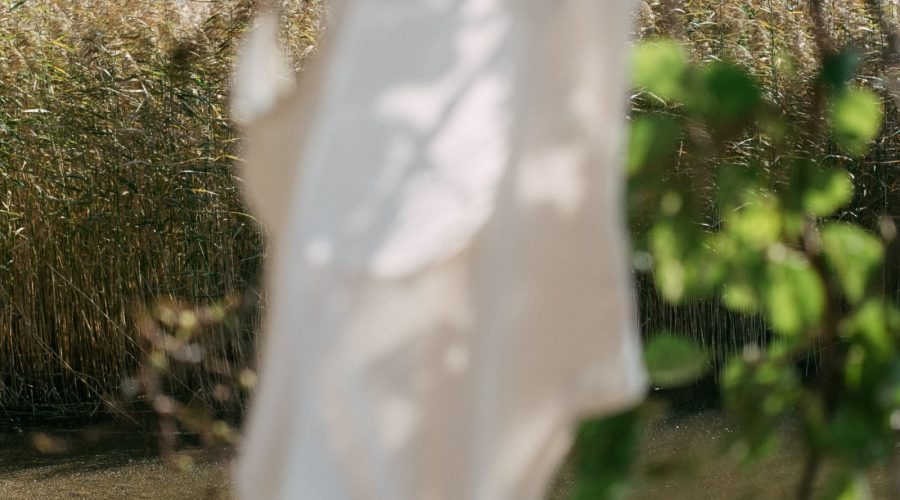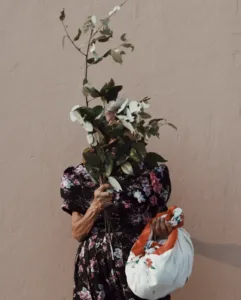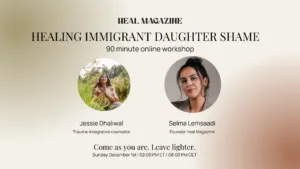Chloe Laws explores the kindness crisis at play in Britain and beyond
Calls to #BeKind can be found in the most surprising of places online. From the comments of a known abuser’s posts to my angry Instagram DMs when I criticise the British government for its ongoing mistreatment of asylum seekers. Curiously though, it is often absent where you’d hope to see it most, especially out in the non- digital world.
The #BeKind hashtag gained popularity following the death by suicide of Love Island TV presenter Caroline Flack. But today, the hashtag has been co-opted by those who use it to shift blame
and deny accountability, and it seems that the general movement around #BeKind has no interest in kindness at all. This brought me to an underlying truth: Kindness has a branding issue, and I’m appointing myself with the task of giving it a PR makeover.
“Nice is watery. Nice is nothingness. Nice is British pleasantries that tell you not to
challenge your fascist uncle at the dinner table.”
It starts in our childhood, this misunderstanding around what being kind is. Young girls are told by society to be good. Instructed to play nice, be gentle, and not make a fuss. I grew up thinking nice was a badge of honor and a marker of worth. Boys are not raised to “play nice.” They are not force-fed the medicinal sweetness of politeness. They are given the space to define themselves more freely, without the confines of appearing good.
Until my mid-twenties, I’d got something fundamentally wrong — I was constantly exhausting myself by trying to be both kind and nice. I thought they were the same thing and valued them equally, but I’ve come to realize there’s a distinct difference that’s important to define.
Nice is watery. Nice is nothingness. Nice is British pleasantries that tell you not to challenge your fascist uncle at the dinner table. Nice is keeping your voice down, smiling at abuse, not getting emotional. The #BeKind brigade actually wants you to be nice, not kind, to make things easy and keep up appearances. It’s a get-out- of-jail free card when it comes to consequences.
Read the rest of Chloe’s essay in issue 04. Now available in our app.










